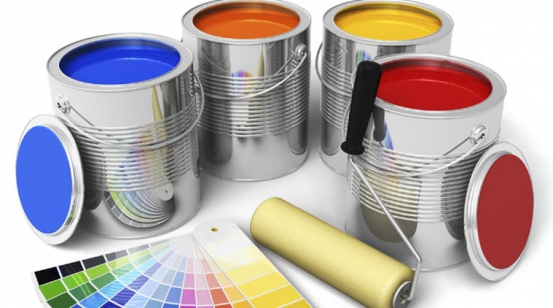×
The Standard e-Paper
Home To Bold Columnists

Kenya recently joined other nations to mark the 5th International Lead Poisoning Prevention Week, an annual event dedicated to catalysing action to eliminate household paints containing toxic heavy metal lead and raise awareness about their devastating health and environmental impacts.







